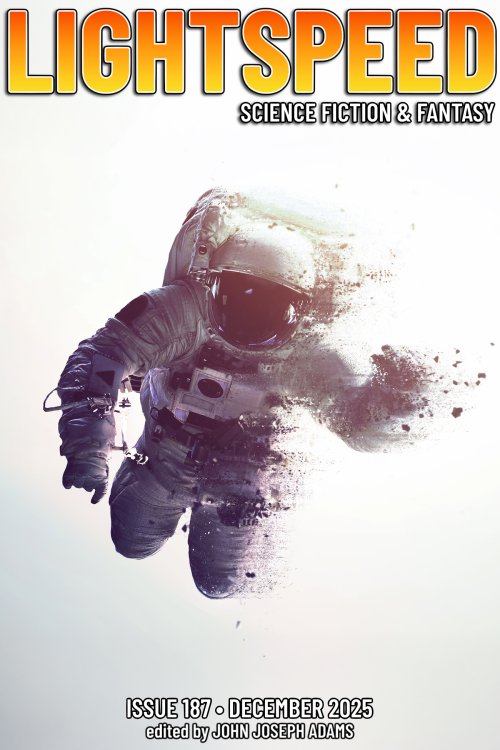Author Spotlight
Author Spotlight: Ted Kosmatka
I like writing about the intersection of technology and consciousness. It’s a rich seam to mine because it touches upon so many different areas, and unfurls into so many different possible futures. You can pick your rabbit hole and jump. A lot of my stories tend to be thought experiments where I extrapolate from a premise and follow an idea through to a logical conclusion, but with this story I wanted to reverse that process.








